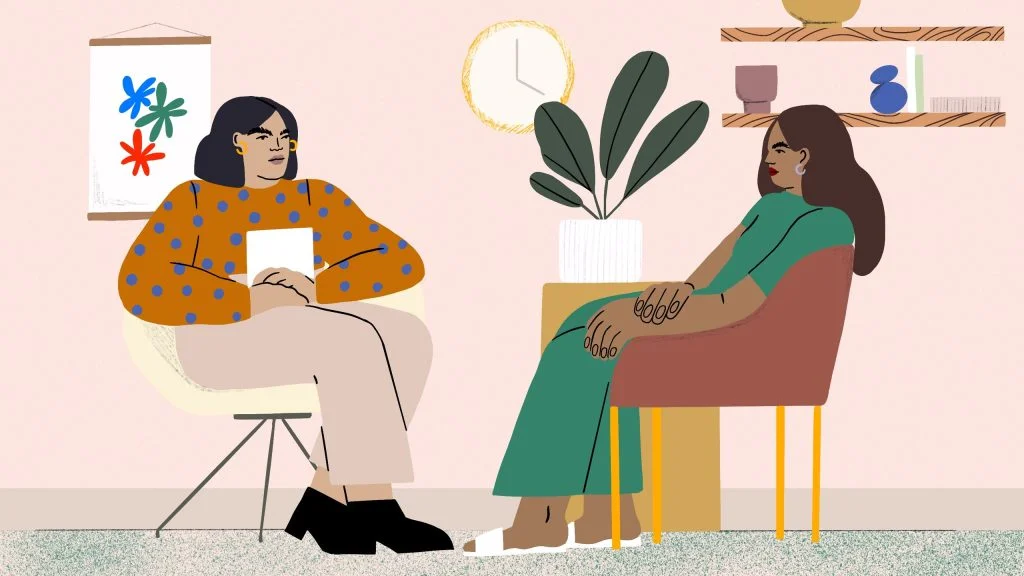Anxiety disorders are the most common mental health problem in the United States. It is estimated that over 18% of American adults experience some type of anxiety disorder in a given year. If you are one of those people, you know how debilitating it can be. Anxiety can keep you from doing the things you love and can make life feel like a constant struggle. Fortunately, there are many effective therapies available for anxiety. In this blog post, we will discuss the most popular therapy for anxiety. We will also provide tips on how to find the right therapy for you.
Contents
- 1 What Is Anxiety?
- 2 Symptoms of Anxiety
- 3 Causes of Anxiety
- 4 Treatment For Anxiety
- 5 Therapy For Anxiety
- 6 Types of Therapy For Anxiety
- 7 Benefits of Therapy For Anxiety
- 7.1 Improves Mood
- 7.2 Reduces Anxiety Symptoms
- 7.3 Improves Relationship Functioning
- 7.4 Helps You Understand Your Disorder
- 7.5 Creates Safe Place
- 7.6 Gives You Support System
- 7.7 Reduces Symptoms of Anxiety
- 7.8 Helps You Understand Your Anxiety
- 7.9 Supports Mental Health
- 7.10 Makes You Feel Connected
- 7.11 Helps You Develop Coping Strategies
- 8 Conclusion
- 9 A Word From Therapy Mantra
What Is Anxiety?
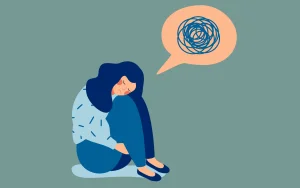 A lot of people suffer from anxiety and don’t even know it. Anxiety is more than just feeling stressed out or worried sometimes. It’s a disorder that affects how you think, feel, and behave. Anxiety is one of the most common mental disorders in the United States. It affects about 18 percent of adults each year. That’s about 40 million people.
A lot of people suffer from anxiety and don’t even know it. Anxiety is more than just feeling stressed out or worried sometimes. It’s a disorder that affects how you think, feel, and behave. Anxiety is one of the most common mental disorders in the United States. It affects about 18 percent of adults each year. That’s about 40 million people.
There are different types of anxiety disorders, but the most common one is generalized anxiety disorder (GAD). GAD is characterized by excessive worry and tension that lasts for six months or more. This disorder also causes physical symptoms, such as fatigue, headaches, muscle tension, and problems sleeping. Approximately one-third of people with GAD also suffer from depression.
Many people suffer from this disorder and don’t know what to do about it. That’s where therapy comes in.
Symptoms of Anxiety
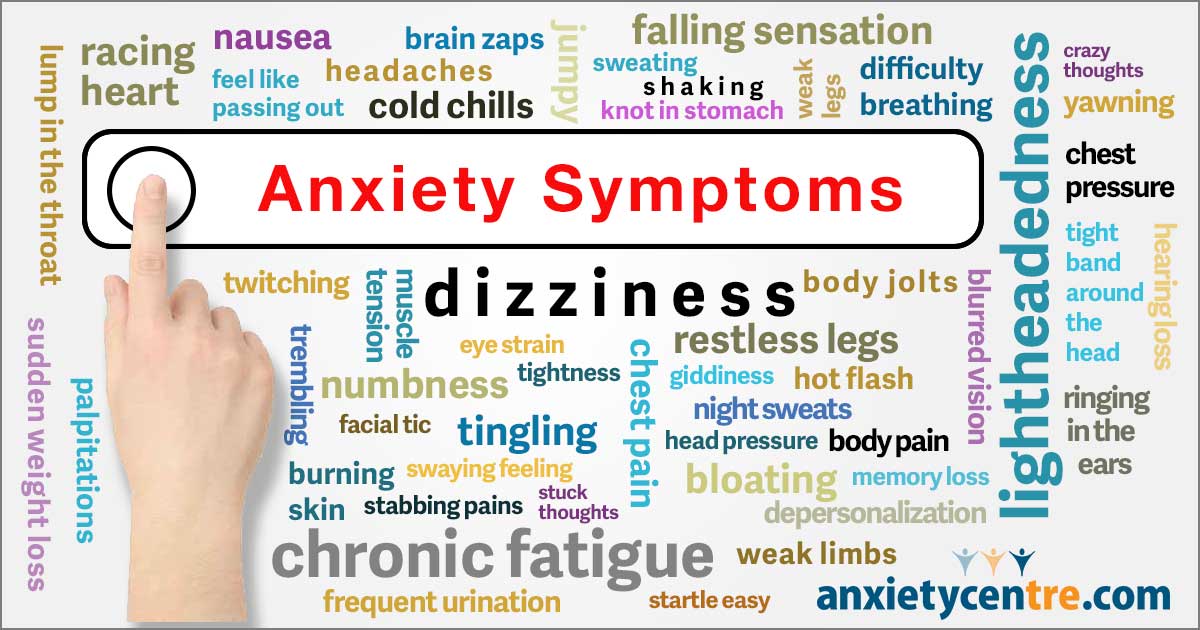
There are many signs and symptoms of anxiety. They can vary from person to person. Some of the most common symptoms include:
Feeling Tense or Wound Up
This sign of anxiety is usually the first one people experience. You may feel like you’re on edge or that something bad is about to happen. You may have a hard time relaxing and find yourself constantly fidgeting.
Excessive Worrying
This is another common symptom of anxiety. People with this disorder often worry excessively about things that are out of their control. They tend to catastrophize, meaning they think the worst possible outcome will happen every time.
Physical Symptoms
Anxiety can also cause physical symptoms, such as headaches, fatigue, muscle tension, nausea, and problems sleeping. These symptoms can make it difficult to go about your day-to-day life.
Emotional Symptoms
People with anxiety disorders often experience a wide range of emotions, such as fear, guilt, sadness, and irritability. These emotions can be intense and make it difficult to cope with everyday life.
Causes of Anxiety
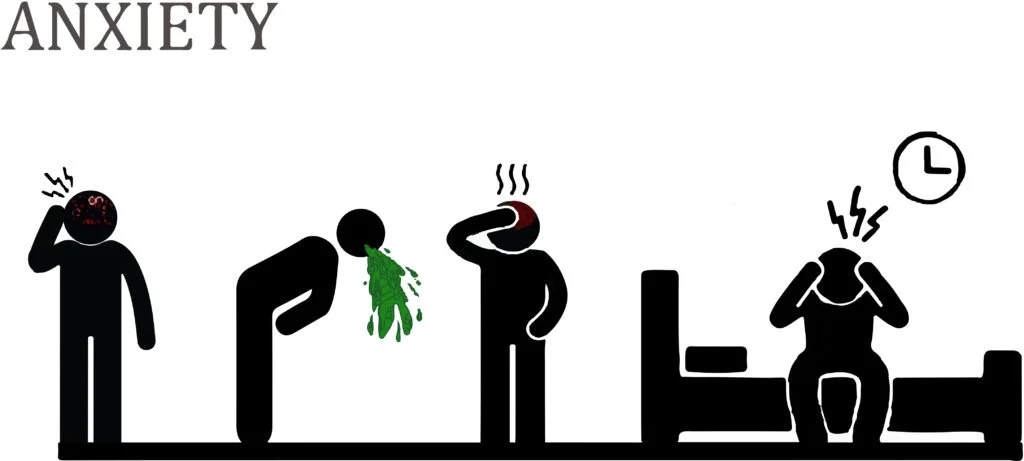
There are many causes of anxiety as well. Some of the most common ones include:
People who have experienced a traumatic event may develop anxiety disorders. This type of disorder can be very debilitating and make it difficult to live a normal life.
Genetics
Anxiety disorders can sometimes run in families. If your parents or grandparents have an anxiety disorder, you are more likely to develop one too.
Chemicals In Brain
Anxiety disorders may be caused by imbalances in certain chemicals in the brain. This is still being studied, but it’s thought that this may play a role in some cases of anxiety.
Abuse
Abuse, whether it’s physical, emotional, or sexual, can cause anxiety disorders. This type of trauma can be very damaging and leave people feeling anxious and unsafe for a long time.
Treatment For Anxiety
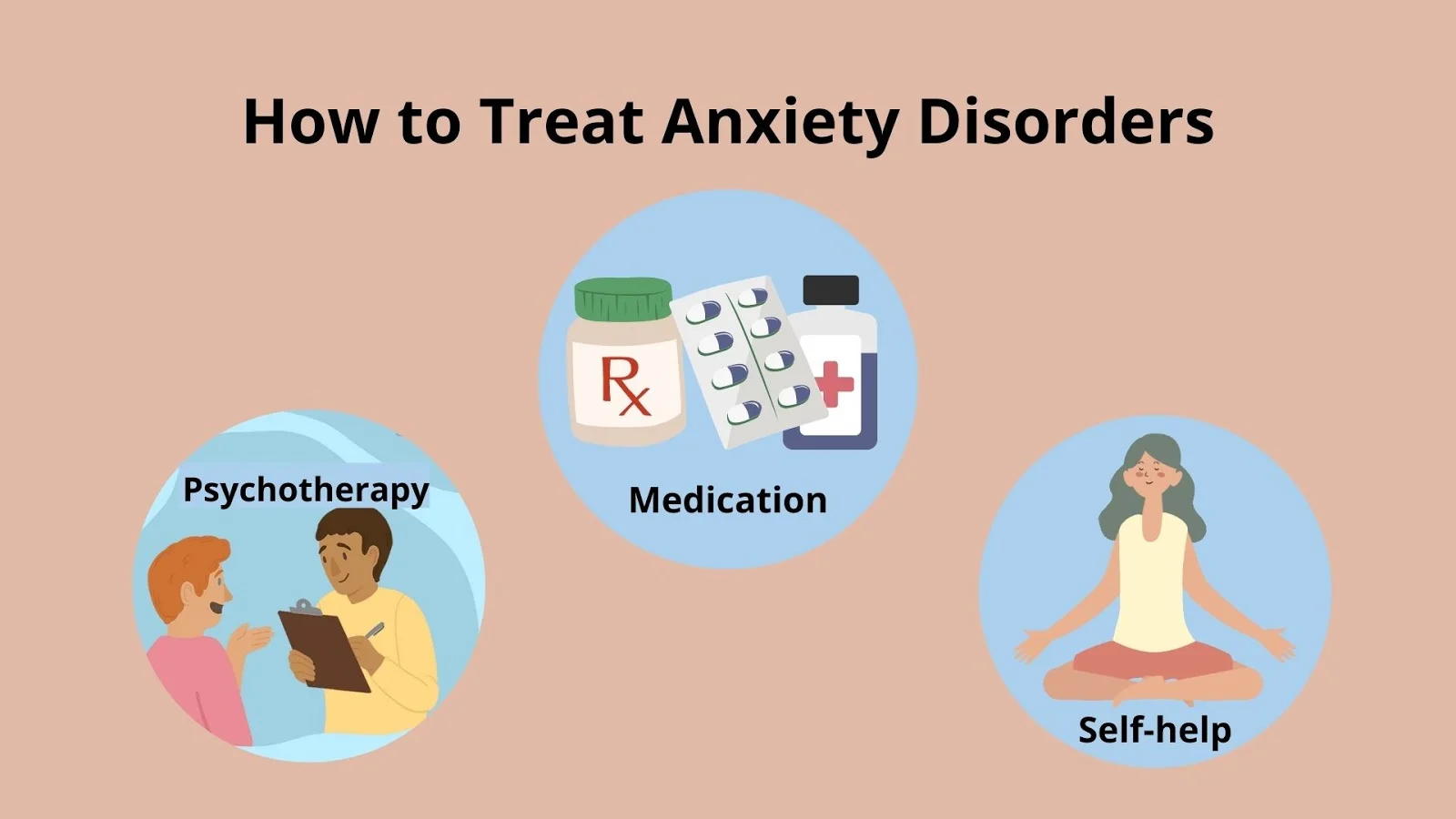
There are many different types that can help treat anxiety disorders. The most effective approach will vary from person to person. Some of the most common treatments include:
Medications
Medications are one of the most common treatments for anxiety disorders. There are many different types of medications that can help, such as antidepressants, anti-anxiety medications, and beta-blockers.
Therapy
Therapy for anxiety is one of the most effective ways to treat this disorder. It can help you understand your thoughts and feelings about anxiety and learn how to deal with them in a healthy way.
Exercise
Exercise is another great way to treat anxiety disorders. It releases endorphins, which can help improve your mood and reduce stress levels.
Mindfulness Meditation
Mindfulness meditation is a type of meditation that focuses on being aware of the present moment. This can be helpful for people with anxiety who often worry about the past or future.
Counseling
Counseling is one of the most effective treatments for abuse-related anxiety disorders. It can help you process the trauma you’ve experienced and learn how to cope with it.
Support Groups
Support groups are a great way to connect with others who understand what you’re going through. They can provide support and advice, as well as a sense of community.
No one treatment is right for everyone, so it’s important to find the approach that works best for you. With the right treatment, you can overcome your fears and live a happy, healthy life.
Therapy For Anxiety
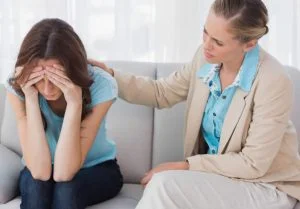 Therapy is one of the best treatments one can get for anxiety disorders. It allows individuals to explore their thoughts and feelings about the disorder in a safe and supportive environment.
Therapy is one of the best treatments one can get for anxiety disorders. It allows individuals to explore their thoughts and feelings about the disorder in a safe and supportive environment.
There are many different types of therapy, but cognitive-behavioral therapy (CBT) is one of the most common and effective approaches. CBT focuses on changing the way you think and behave, which can help you manage your anxiety symptoms.
If you’re looking for therapy specifically for anxiety, be sure to look for a therapist who has experience treating this disorder. You should feel comfortable with your therapist and be able to talk openly about your fears and concerns.
Types of Therapy For Anxiety
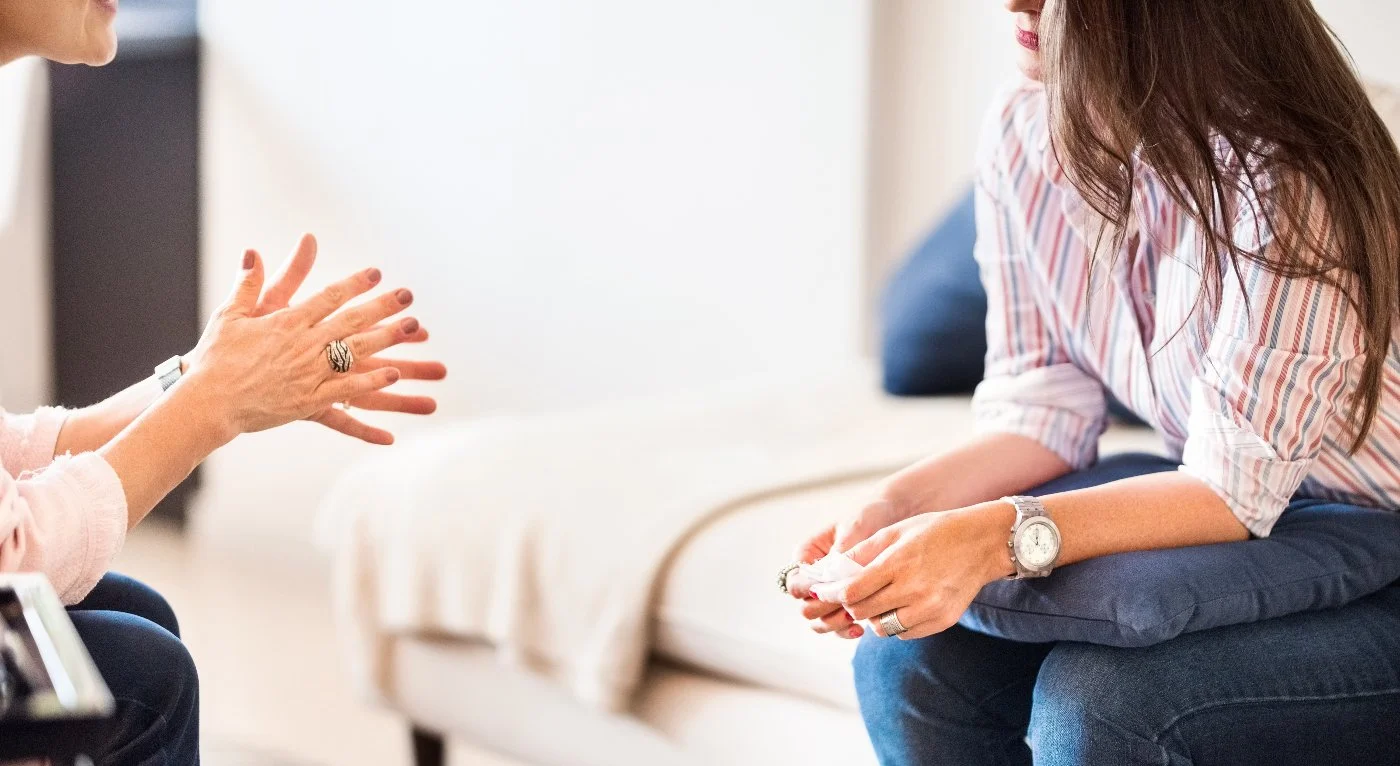
There are many types of therapies for anxiety disorders. The most effective approach will vary from person to person, so it’s important to find the therapy that works best for you.
Some of the most common therapies include:
Cognitive-Behavioral Therapy (CBT)
CBT is one of the most common and effective therapies for anxiety disorders. It focuses on changing the way you think and behave, which can help you manage your anxiety symptoms.
Psychodynamic Therapy
Psychodynamic therapy is a type of therapy that explores your past experiences and relationships. This type of therapy can be helpful in understanding why you experience anxiety and how to cope with it.
Interpersonal Psychotherapy (IPT)
IPT is a type of therapy that focuses on your relationships and how they affect your anxiety. This type of therapy can help you develop better-coping skills for dealing with stressors in your life.
Group Therapy
Group therapy is a great way to connect with others who understand what you’re going through. It can provide support and advice, as well as a sense of community. This type of therapy can be helpful for people with anxiety disorders.
Family Therapy
Family therapy is a type of therapy that focuses on your family dynamics and how they affect your anxiety. This type of therapy can help you develop better communication skills and improve your relationships.
Art Therapy
This type of therapy uses creative expression to help you cope with your anxiety. It can be helpful in exploring your feelings and emotions and can provide a sense of relief and self-expression.
Play Therapy
Play therapy is a therapy that uses play to help children express their thoughts and feelings. This type of therapy can be helpful in understanding the causes of anxiety in children.
Individual Therapy
Individual therapy is a type of therapy that focuses on you as an individual. This type of therapy can be helpful in exploring your thoughts and feelings about your anxiety disorder.
Meditation
Mindfulness meditation is a type of meditation that focuses on the present moment. This can be helpful for people with anxiety who often worry about the past or future.
Yoga
Yoga is a form of exercise that combines stretching and relaxation techniques. This can be helpful for people with anxiety because it can help to reduce stress levels and promote relaxation.
Benefits of Therapy For Anxiety
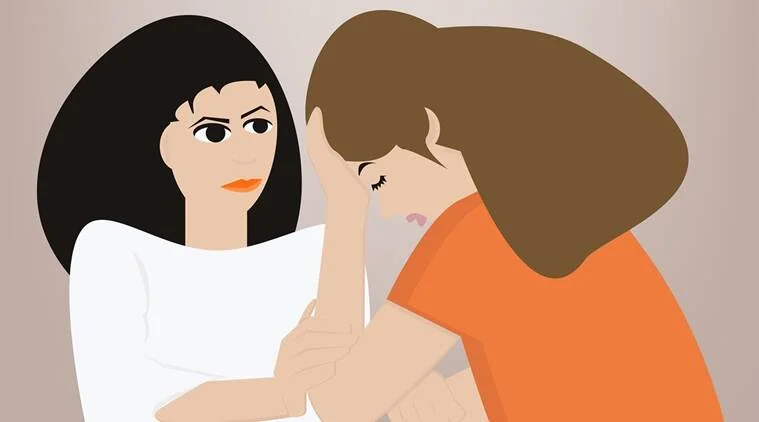
There are many benefits of therapy for anxiety disorders. Some of the most common benefits include:
Improves Mood
Therapy for anxiety can help to improve your mood and make you feel happier and more positive. Sometimes there are underlying reasons for your anxiety, and therapy can help to uncover these issues.
Reduces Anxiety Symptoms
Therapy can help to reduce the symptoms of anxiety and make them more manageable. It can also help you learn how to cope with your anxiety in a healthy way.
Improves Relationship Functioning
Anxiety disorders often have a negative effect on relationships. Therapy can help to improve communication and relationship functioning.
Helps You Understand Your Disorder
Therapy can help you understand your disorder better and give you insight into why you experience anxiety. This can be helpful in developing coping strategies for dealing with your anxiety.
Creates Safe Place
Talking about your fears and concerns is an important part of therapy. It can help to reduce the feeling of isolation and make you feel more understood.
Gives You Support System
Therapy provides you with a support system of people who understand what you’re going through. This can be helpful in times of need and can provide emotional support.
Reduces Symptoms of Anxiety
Therapy can help to reduce the symptoms of anxiety and make them more manageable.
Helps You Understand Your Anxiety
Therapy can help you understand why you experience anxiety and how to cope with it. This also
Supports Mental Health
Therapy can support your mental health by providing a safe and supportive environment in which to explore your thoughts and feelings.
Makes You Feel Connected
Therapy can make you feel connected to others who understand what you’re going through. It can provide support and advice, as well as a sense of community.
Helps You Develop Coping Strategies
Therapy can help you develop coping strategies for dealing with your anxiety disorder. This can include different relaxation techniques, meditation, and yoga.
Conclusion
Anxiety is a common problem that can affect your life negatively. However, there are many effective therapies available that can help you overcome your fears and improve your quality of life. If you are struggling with anxiety, please seek professional help. There is no shame in asking for help and you deserve to get the treatment you need.
You can also use therapy to improve your mood and relationship functioning. If you are struggling with anxiety, please seek professional help. There is no shame in asking for help and you deserve to get the treatment you need.
A Word From Therapy Mantra
Your mental health — Your psychological, emotional, and social well-being — has an impact on every aspect of your life. Positive mental health essentially allows you to effectively deal with life’s everyday challenges.
At TherapyMantra, we have a team of therapists who provide affordable online therapy to assist you with issues such as depression, anxiety, stress, workplace Issues, addiction, relationship, OCD, LGBTQ, and PTSD. You can book a free therapy or download our free Android or iOS app.
